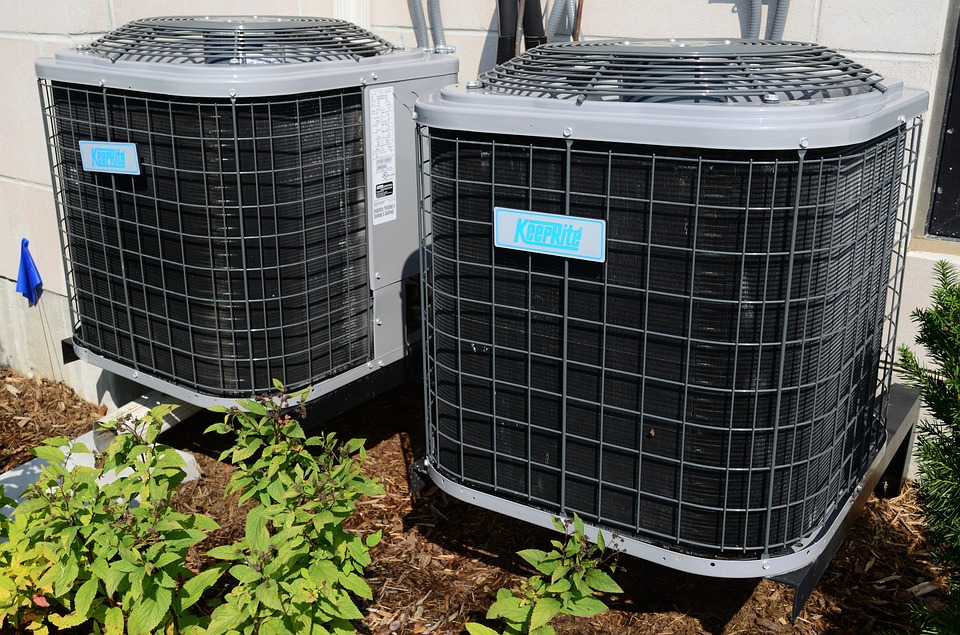So you’ve purchased an air conditioning unit and are enjoying the benefits it supplies. Each and every day, it removes the moisture in the air and moves it into the drainage trays. As with so many things, regular care and maintenance will achieve two things:
- It will work better.
- It will last longer.
The problem is knowing how to care for the unit and remembering to do it! Let’s take a look at seven ideas right now that can be of real help in this area.

Consult a specialist when there’s a problem
The installation manual will tell you some things, but not all. According to the professionals at www.coolbestaircon.com, certified workers will be best placed to diagnose any issues and offer solutions. They will know when an AC unit moves from needing maintenance to needing replacement. If there are issues within the machine related to microbes, mildew, dander, pollen, or dust, the company may offer a washing service to remove these. This brings us to:
Never skip a service
Companies that supply and install air conditioning units usually offer a regular service facility as well. They will be able to check the air quality is being maximized. If the machine is enabled to run better, it will last longer. In that sense, regular services are more of an investment than an expense. Paid professionals will be able to look beyond the basics that anyone can check and assess the function of such things as the electrical connections, refrigerant charge, and the coils.
Change the air filter
This is something any owner of an air conditioning unit should be able to do. The product information will confirm how often the air filter should be replaced, and in some cases, it will be once a month. Interestingly, some air filters are washable, making them longer lasting and more environmentally friendly.
If dirt has built up, it will create blockages to the flow of air. Not only would the unit be working extra hard and become slowed down, but the air quality would be reduced. When an air filter is absolutely full of dust, dirt, and pollen, this presents a risk to those with respiratory issues, particularly those with asthma.
Keep the registers and vents open
Closed vents put extra pressure on air conditioning units in the same way as blocked filters. It is not uncommon for people to be oblivious to their purpose, and even store bedding and laundry in front of the vents. Someone may close them in the belief that this will mean a warmer room and lower fuel bills. If an air conditioning unit is present, however, there will be the same flow of warm or cool air regardless of whether the vents are open or not.
Maintain the condenser
This should be cleaned every six months. First of all, turn the power off before doing a thing. If it is located in the garden, remove any branches, weeds, or shrubs that have grown up around it.
Some people regard condensers as an eyesore and seek to hide them behind branches and other things. These will have to be removed in order to preserve the airflow. If the condenser becomes clogged, the drainage pan will fill. In some cases, the AC unit will then auto-turn off, and professional help will be needed.
Maximize the shade
Wherever possible, it is advisable to avoid the sun shining directly upon the AC unit. It will help if the window is north facing, or if there are trees or an awning in place nearby to provide shade. As with the condenser, keep everything, including foliage, two feet away from the unit.
Assess your home
Check the windows and seals for air leaks as they would reduce the effectiveness of the AC unit. Ensure that no air is leaking from the attic and that this area is evenly insulated. Keep the curtains across the windows in warm rooms and remove any computers or heavy appliances like freezers from there. These items should not be kept near the AC unit either because of the heat they produce
As we have seen, there are things we can do, and things the professionals are best placed to do. Respond immediately whenever there are any issues and don’t neglect to pay for regular services. Look at the air filter and condenser, remembering to keep the registers and vents open. Make the most of the shade that is available, and check the home is well insulated and without air leaks. These things all add up to providing air conditioning that will be of maximum benefit to the home, using units that will last the longest time possible.
